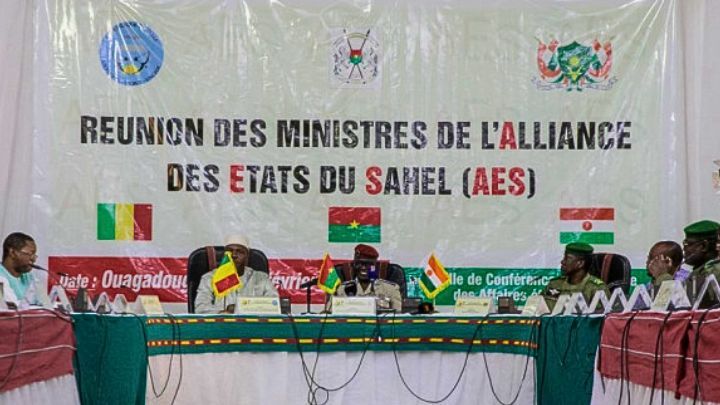As the three junta-led Sahel countries are to officially quit the regional grouping ECOWAS on Wednesday (29 January), the years of growing political tensions and deteriorating relations with their neighbors have shaken up trade routes across the West African region.
The looming withdrawal of Burkina Faso, Mali, and Niger from the Economic Community of West African States (ECOWAS) comes on the heels of the three nations’ refusal to accept the call by the regional organization to extend the period by six months to explore ways to resolve mutual differences. The military-led trio, which is now united in a confederation called the Alliance of Sahel States (AES), accuse ECOWAS of having imposed “inhuman, illegal, and illegitimate” sanctions against them after the coups that brought them to power.
The heavy economic sanctions imposed by ECOWAS in the wake of the coups, growing mistrust and fraying diplomatic ties between the ECOWAS and AES members have forced the juntas to look for new routes to transport goods in and out of the landlocked states, experts say. This re-routing “leads to an increase of more than 100% in logistics costs compared with the pre-crisis route, with repercussions on food prices,” said an OECD study published in late 2024. Thus, while as much as 80% of Niger’s freight passed through Benin before the relations soured, Niamey until now refuses to open the border with its neighbor, which it accuses of hosting jihadist bases and of trying to “destabilize” it. On the other hand, Guinea and Togo and Guinea enjoy smoother relations with the AES countries, making the ports of Conakry and Lome key transit points.



